The manufacturing landscape is buzzing with a new rhythm, thanks to AI solutions. It's like stepping into a new era where technology is not just a tool but a dynamic partner in shaping the future.
Next, we’ll dive deeper into this fascinating world and see how AI is revolutionizing manufacturing one step at a time. Let’s begin, shall we?
Production Lines Get Smarter
Imagine walking into a factory where machines are more than just inanimate objects. This is the reality with AI in production lines. It's like each machine has its own brain, capable of making decisions and learning from its actions. Smart automation is not just about doing things faster; it's about doing them smarter.
Here, machines can predict when they'll need a tune-up, avoiding unexpected downtimes. They can adapt to changing production needs in real-time, like shifting gears in a car, but with precision and efficiency that's mind-blowing. This level of adaptability means that manufacturers can respond to market demands quicker than ever before.
But it's not just about the machines. The data these smart systems generate is like gold for improving processes. Manufacturers are using this data to make informed decisions, leading to better product designs, smoother production flows, and ultimately, a more robust bottom line. This intelligent production is not just a leap forward; it's a giant leap into a new realm of manufacturing efficiency.
Quality Control: AI's Eagle Eye
In the realm of quality control, AI solutions are like having Sherlock Holmes on the team. These systems use advanced image recognition technology to inspect products with a level of detail that's simply not possible for the human eye. It's like having a microscope that doesn't just see the surface but understands what it's looking at.
But here's the real kicker: these AI systems learn and improve over time. Each product they inspect makes them better at their job. This continuous learning means that the accuracy of spotting defects keeps getting better, leading to a significant drop in production errors. It's a game-changer for manufacturers, especially in industries where precision is paramount.
The impact is massive: reduced waste, increased customer satisfaction, and a reputation for quality that's hard to beat. In a world where quality often sets one product apart from another, AI's eagle eye is giving manufacturers a distinct edge. It's not just about catching mistakes; it's about striving for perfection.
Supply Chain: AI's Strategic Play
When it comes to the supply chain, AI is like the master chess player, always thinking several moves ahead. In this area, AI's ability to analyze vast amounts of data comes into its own. It looks at patterns and trends, crunches numbers, and comes up with strategies that can save time, reduce costs, and avoid headaches.
AI in the supply chain is about smart forecasting. It can predict demand spikes and dips, allowing manufacturers to adjust production schedules and inventory levels accordingly. This foresight reduces the risk of overproduction or stockouts, ensuring that the balance between supply and demand is just right.
Moreover, AI is optimizing logistics. It's finding the most efficient routes for transportation, considering factors like weather, traffic, and delivery schedules. This optimization means products get to where they need to be, not just in time, but in the most cost-effective way.
The impact of AI on the supply chain is profound. It's turning what was once a complex web of decisions and guesswork into a streamlined, data-driven process. For manufacturers, this means greater efficiency, lower costs, and a competitive edge that's hard to match. In the world of manufacturing, AI is not just a tool; it's a game-changer, redefining what's possible in supply chain management.
Safety First, with a Dash of AI
In the bustling world of manufacturing, safety is paramount. Here, AI is stepping up as a vigilant protector, always on the lookout for potential hazards. It's like having a high-tech guardian angel overseeing the safety of every worker.
Imagine AI-equipped cameras and sensors scattered throughout a factory, constantly monitoring for anything that could go wrong. They can detect if a machine starts behaving oddly, signaling a possible malfunction before it becomes dangerous. They can even monitor air quality, ensuring that workers are not exposed to harmful environments. This proactive approach to safety is drastically reducing accidents and creating a healthier workplace.
But AI's role in safety doesn't stop at monitoring. It's also about education and training. With virtual reality (VR) and augmented reality (AR) powered by AI, workers can experience realistic simulations of potential hazards and learn how to handle them safely. It's like practicing for the worst, without any of the risks.
In essence, AI in safety is transforming the manufacturing floor into a place where risks are anticipated, accidents are prevented, and health is prioritized. It's not just about complying with safety standards; it's about setting new ones.
Going Green with AI
Sustainability is no longer a buzzword; it's a necessity, and in the manufacturing sector, AI is leading the charge. AI is like the eco-warrior of the industry, helping manufacturers reduce their carbon footprint and embrace greener practices.
One of the most significant impacts of AI is in energy consumption. AI systems can analyze patterns in energy usage and optimize machinery operation to reduce waste. It's like having a smart energy manager who knows exactly when to turn things on and off for maximum efficiency.
But it's not just about conserving energy; it's about rethinking how things are made. AI is assisting in designing products that require fewer resources and generate less waste. It’s also helping in recycling processes, identifying materials that can be reused, and finding more sustainable alternatives.
In a world where consumers are increasingly conscious about the environment, AI-driven sustainability is not just good for the planet; it's good for business. It's about building a brand that stands for responsibility and care for the future.
AI and Humans: Better Together
The fusion of AI and human intelligence in manufacturing is creating a symphony of efficiency and innovation. Far from the notion of AI as a replacement for human workers, it’s proving to be the perfect collaborator.
AI assists workers by providing insights and analysis that enhance decision-making. It's like having a super-smart assistant that's always on hand to offer data-driven advice. This collaboration leads to better problem-solving, more creativity, and higher productivity.
Moreover, AI is opening doors to new roles and opportunities within the manufacturing sector. Workers are upskilling, learning to interact with and command AI tools, which is elevating their roles from mere operators to strategic thinkers.
This human-AI partnership is reshaping the identity of the manufacturing workforce. It's a dynamic where each complements the other, leading to an environment that’s not only more productive but also more fulfilling for those who power it.
Conclusion
AI solutions for manufacturing are not just a fleeting trend; they're reshaping the very fabric of the industry. From smarter production lines and eagle-eyed quality control to strategic supply chain management and a focus on safety and sustainability, AI is at the forefront of this transformation.
As we embrace this new era, it's clear that AI is much more than a tool; it's a partner in our journey towards a smarter, safer, and more sustainable manufacturing world.




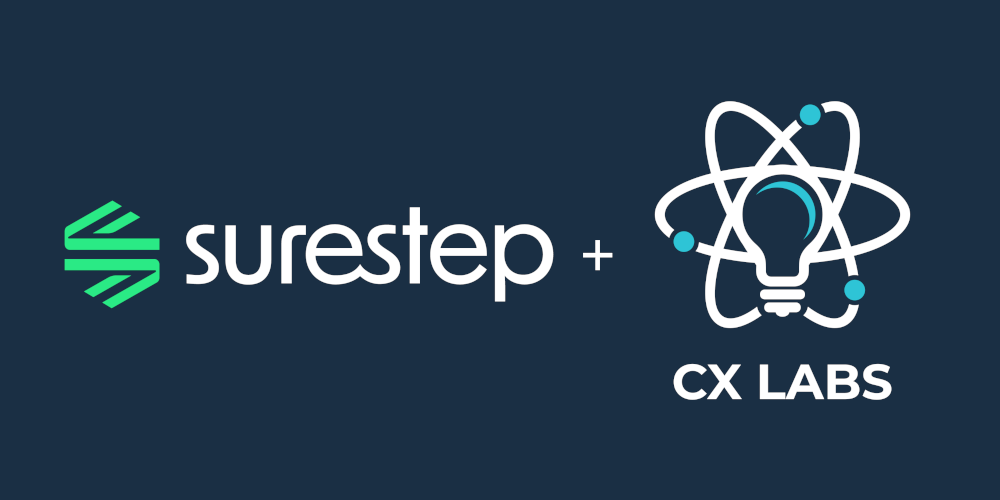
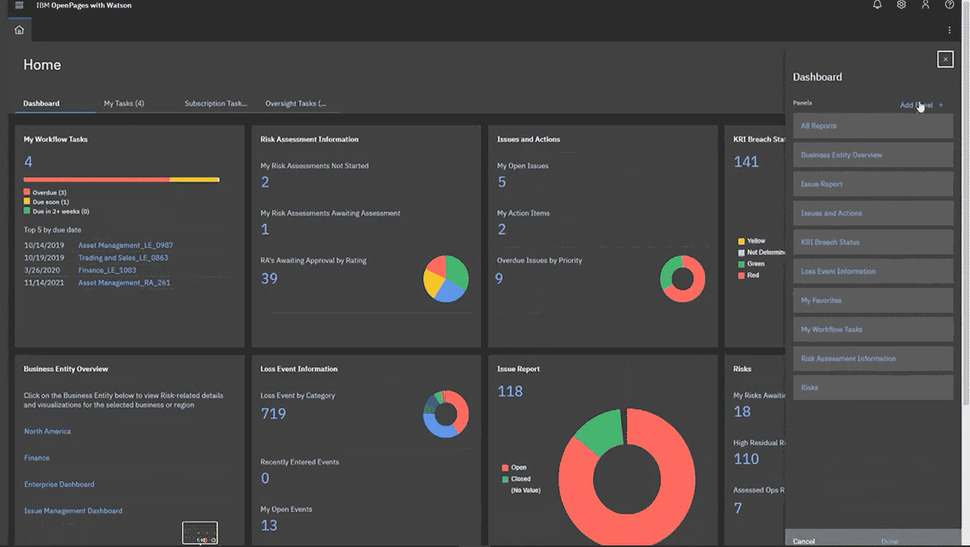




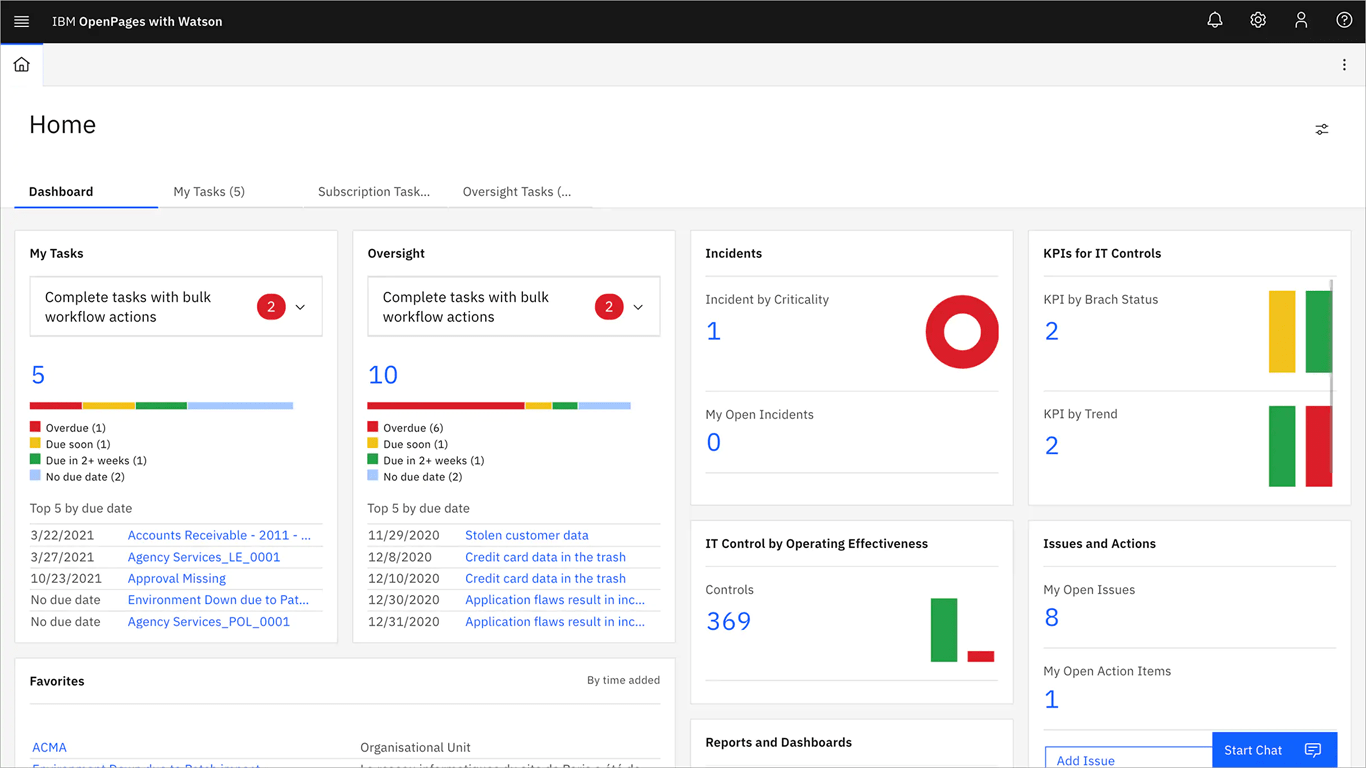

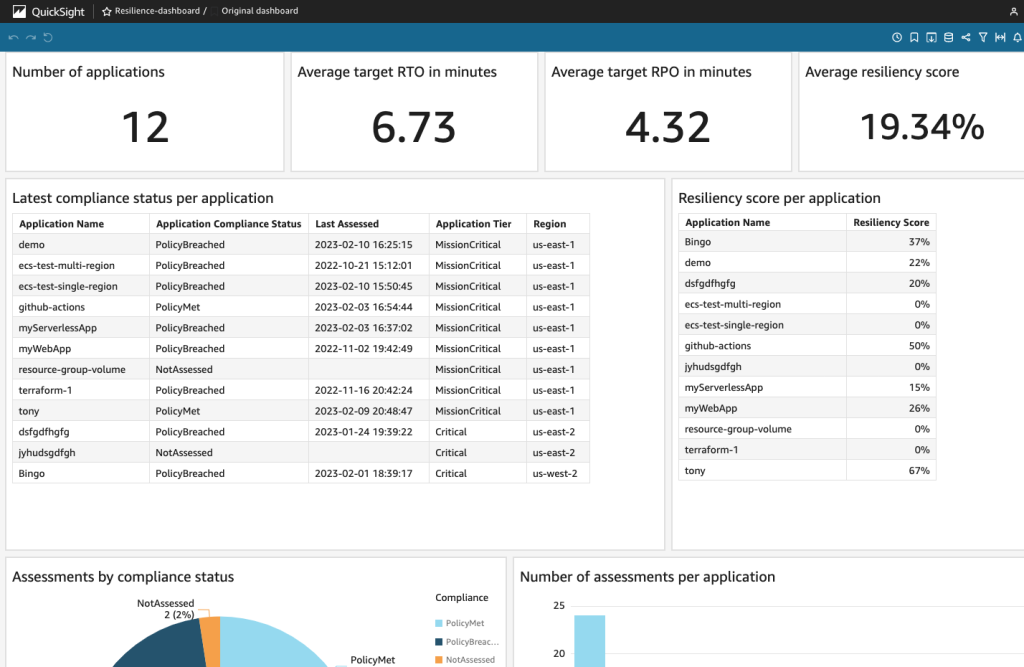
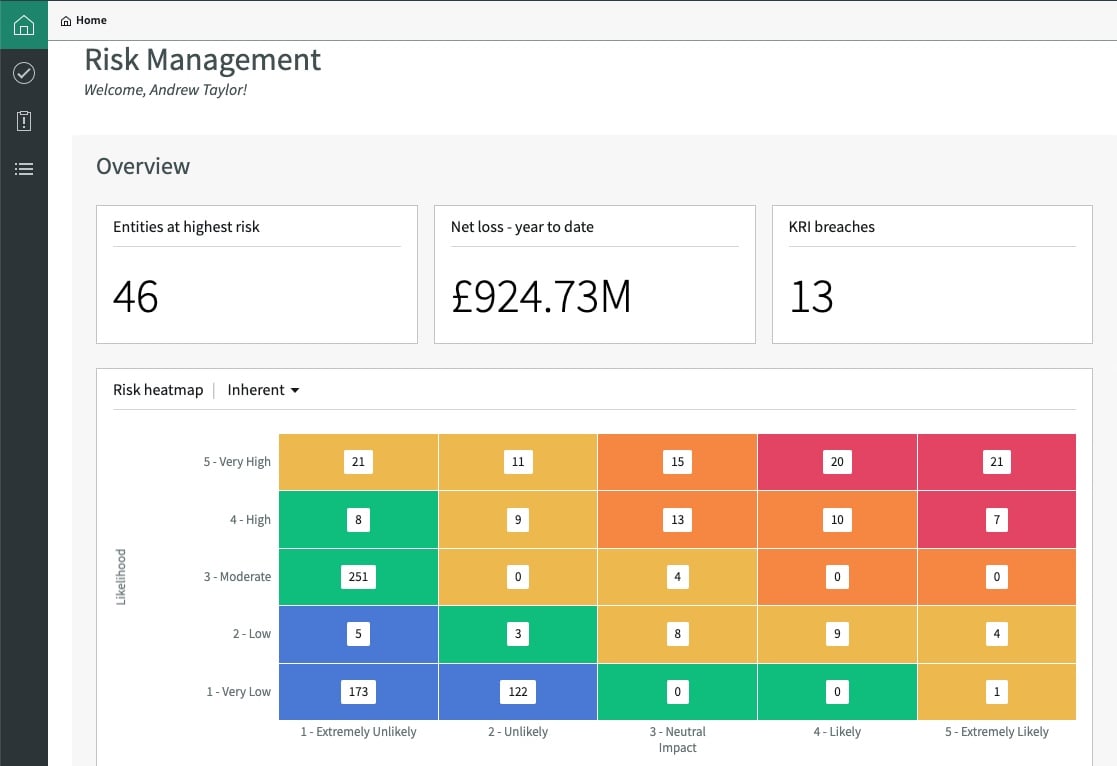
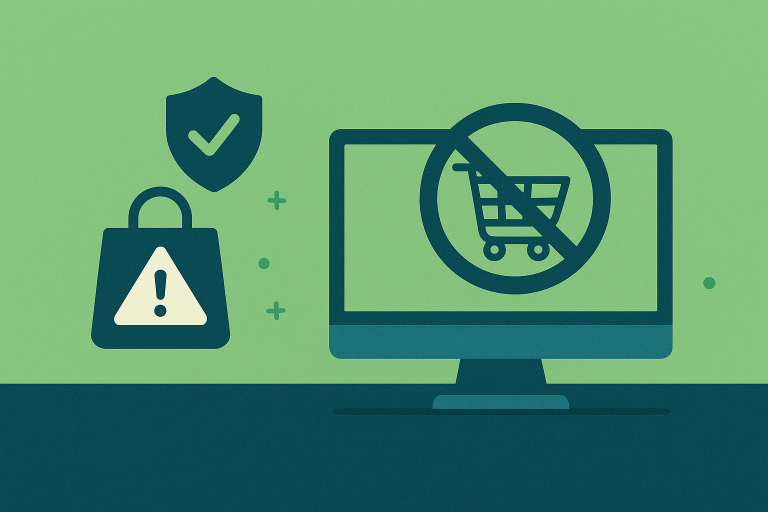

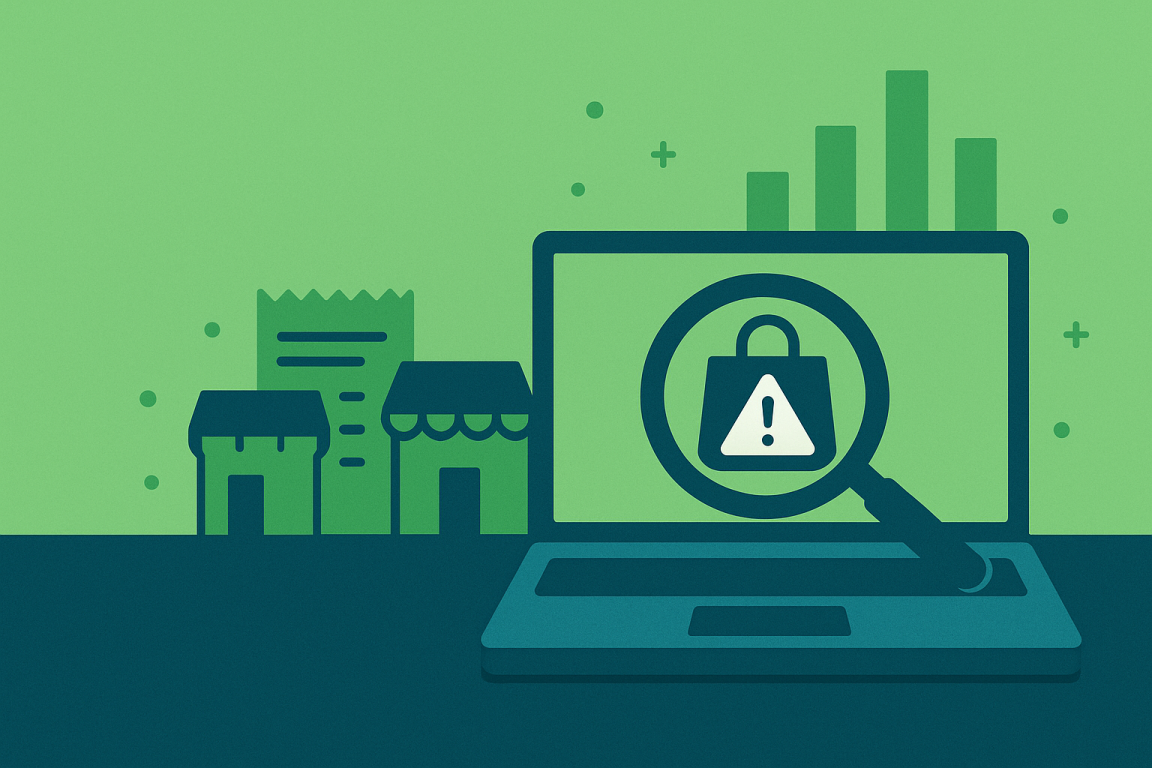


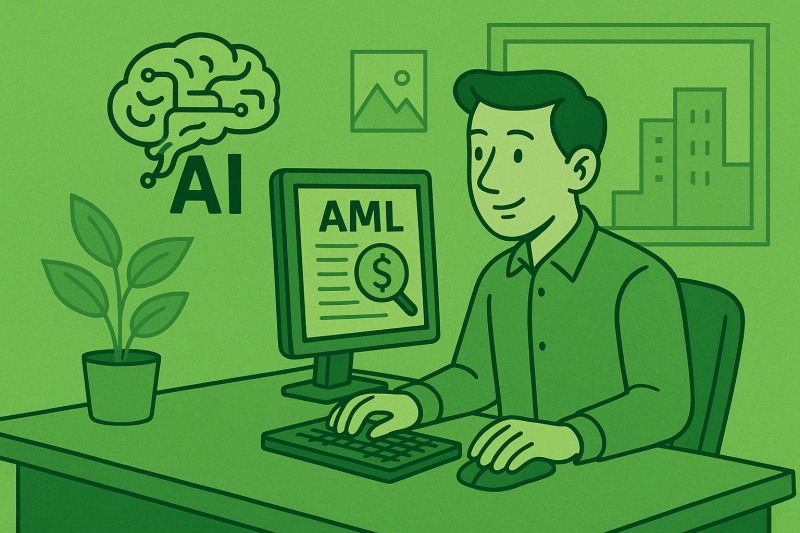

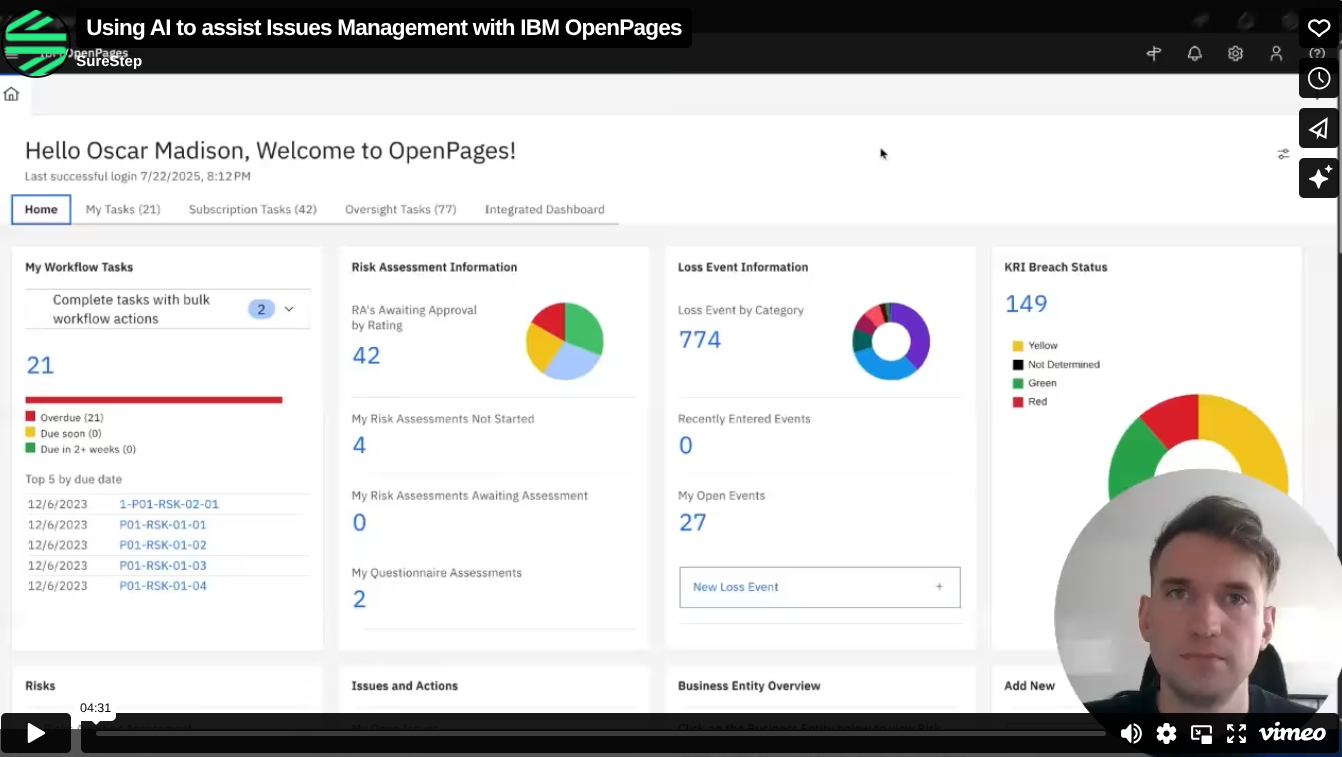
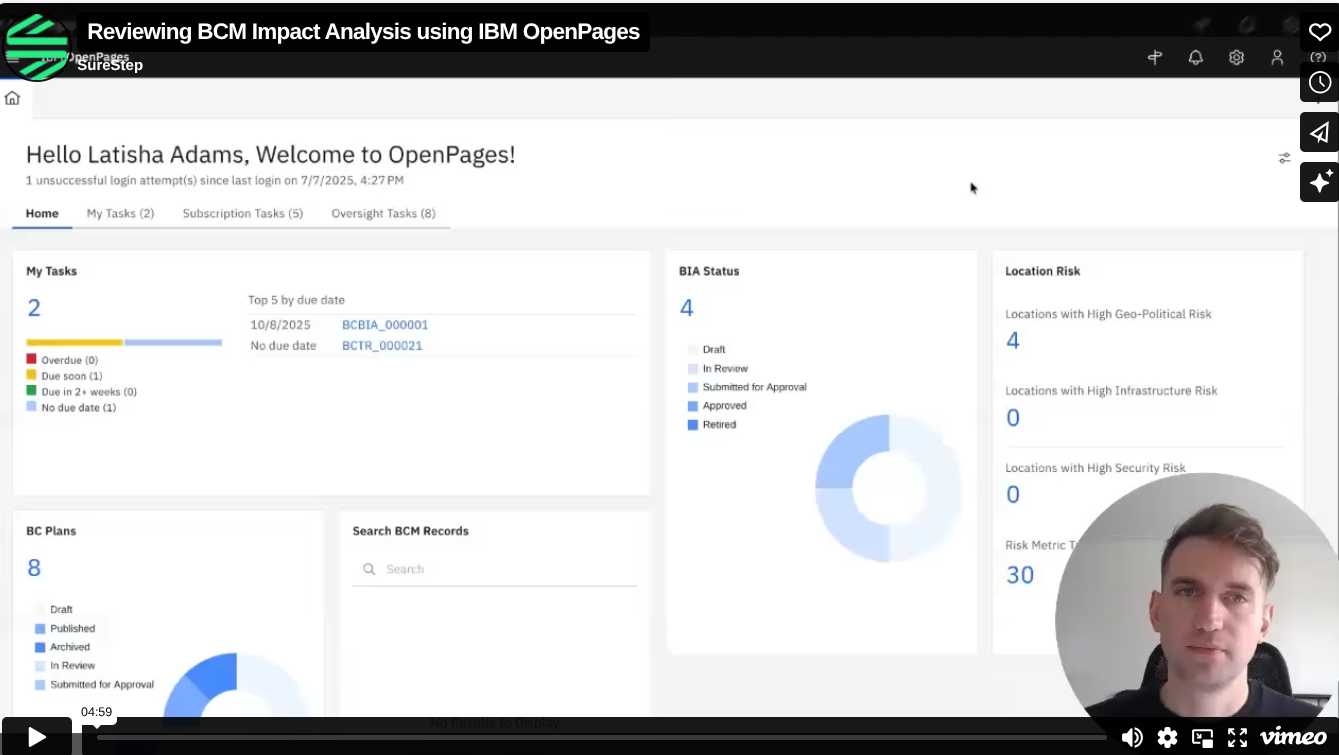
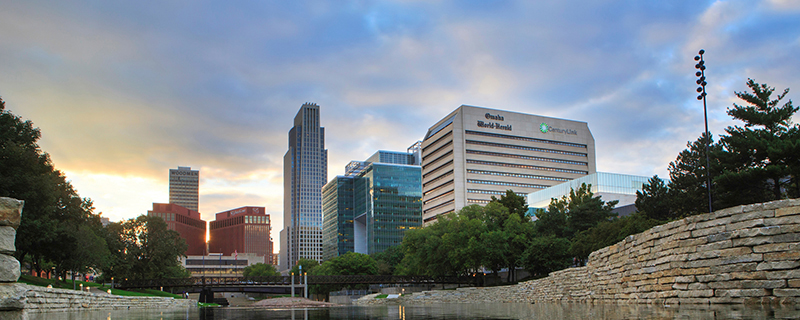

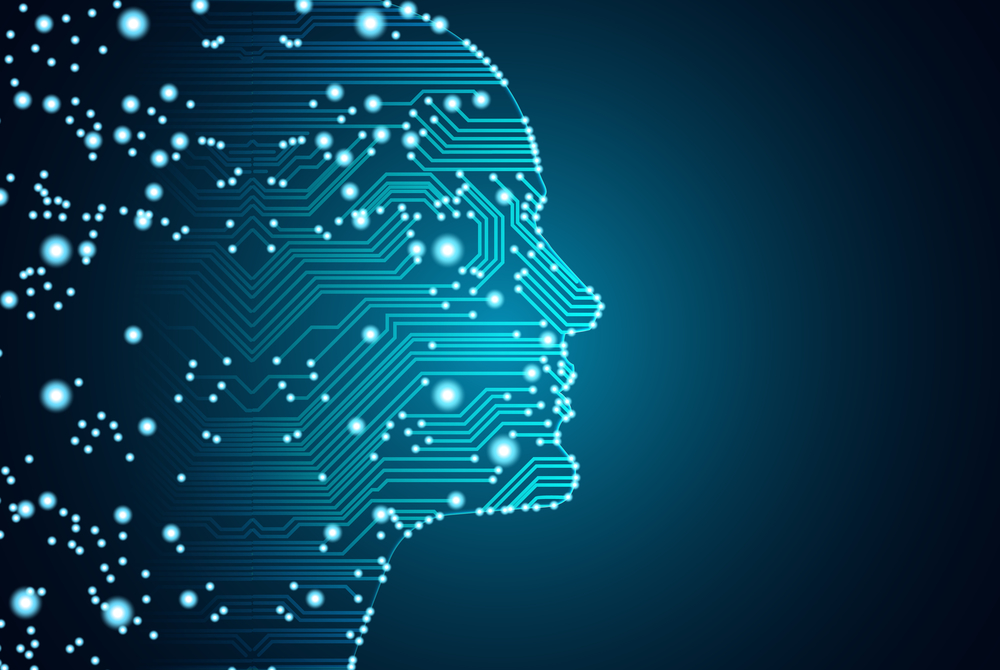



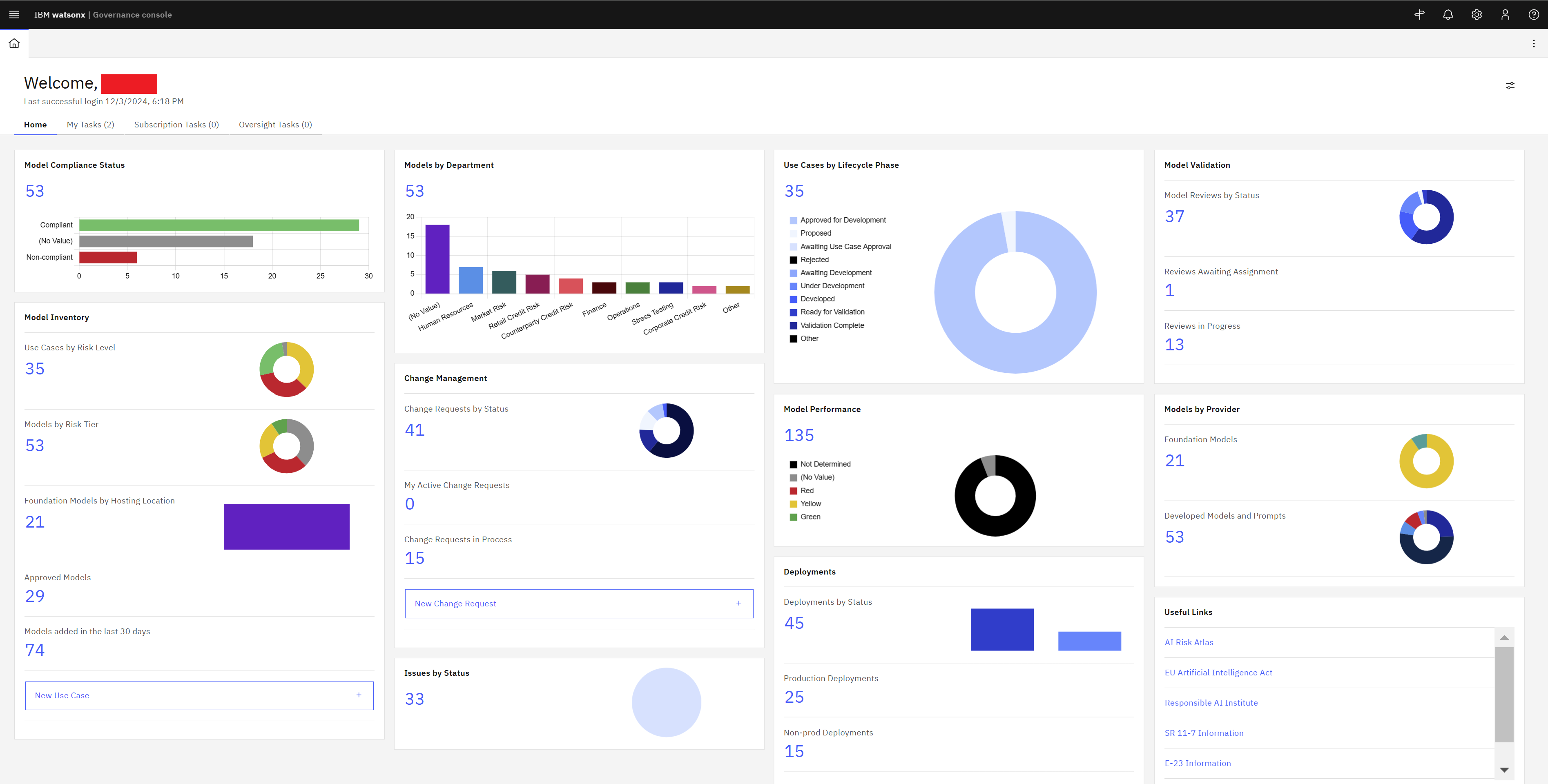
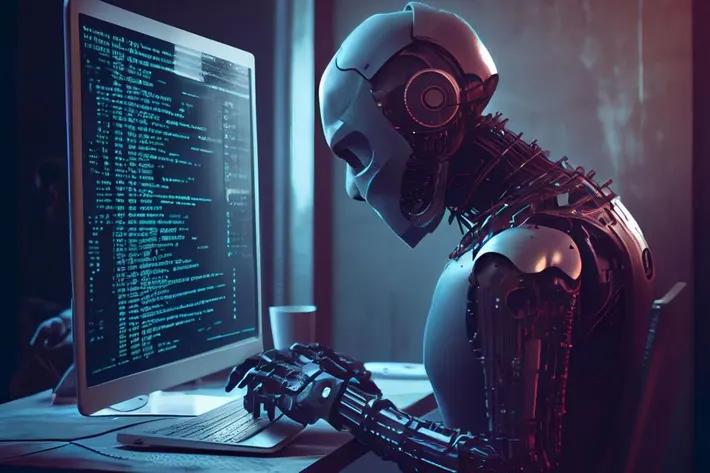
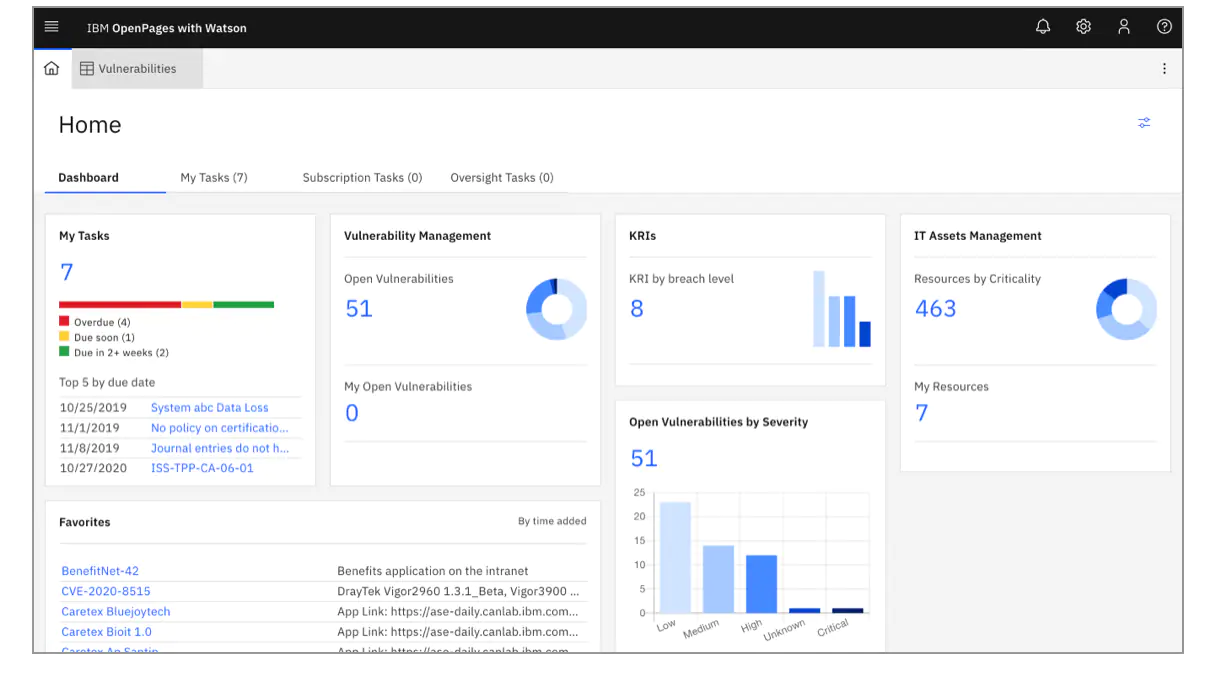
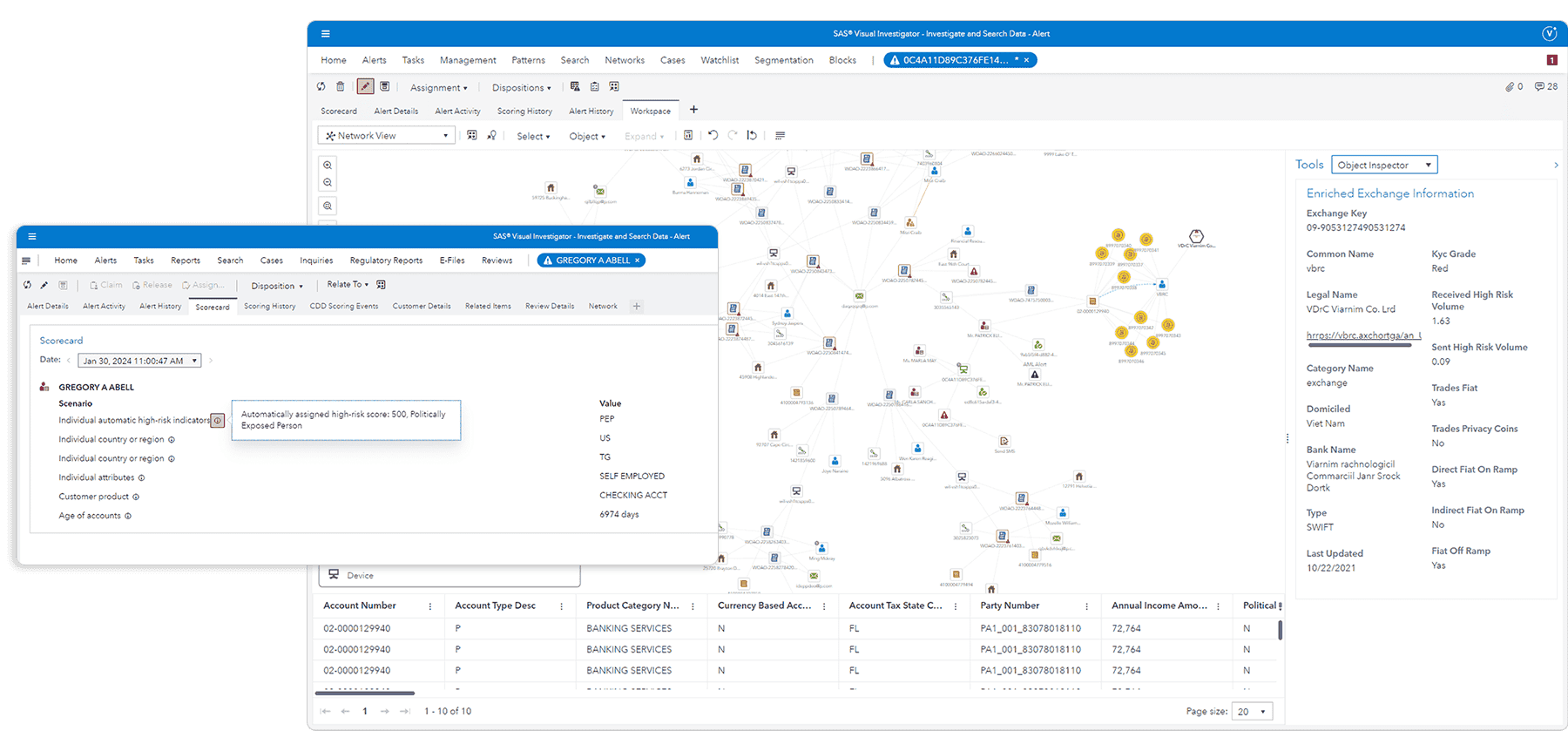
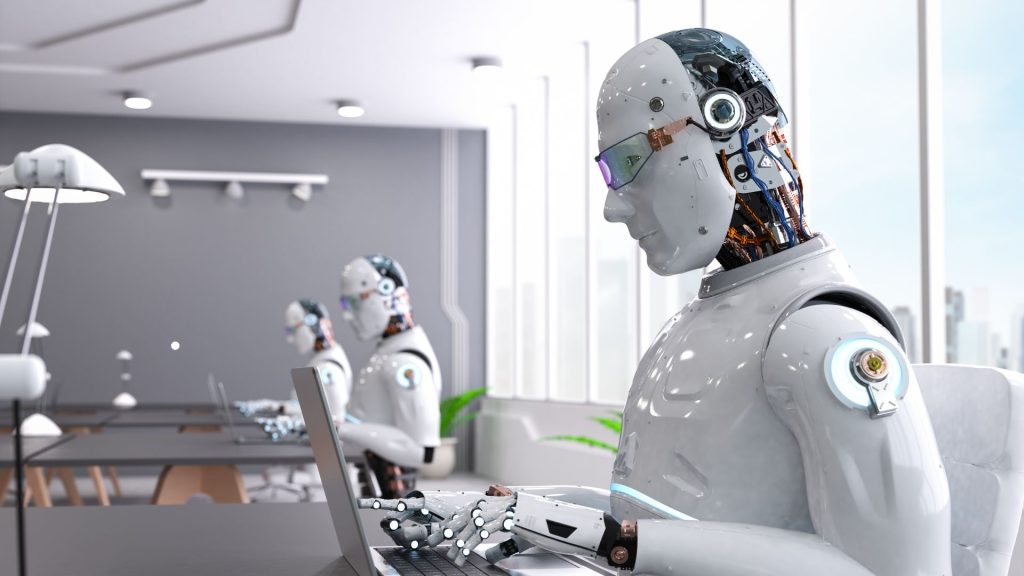

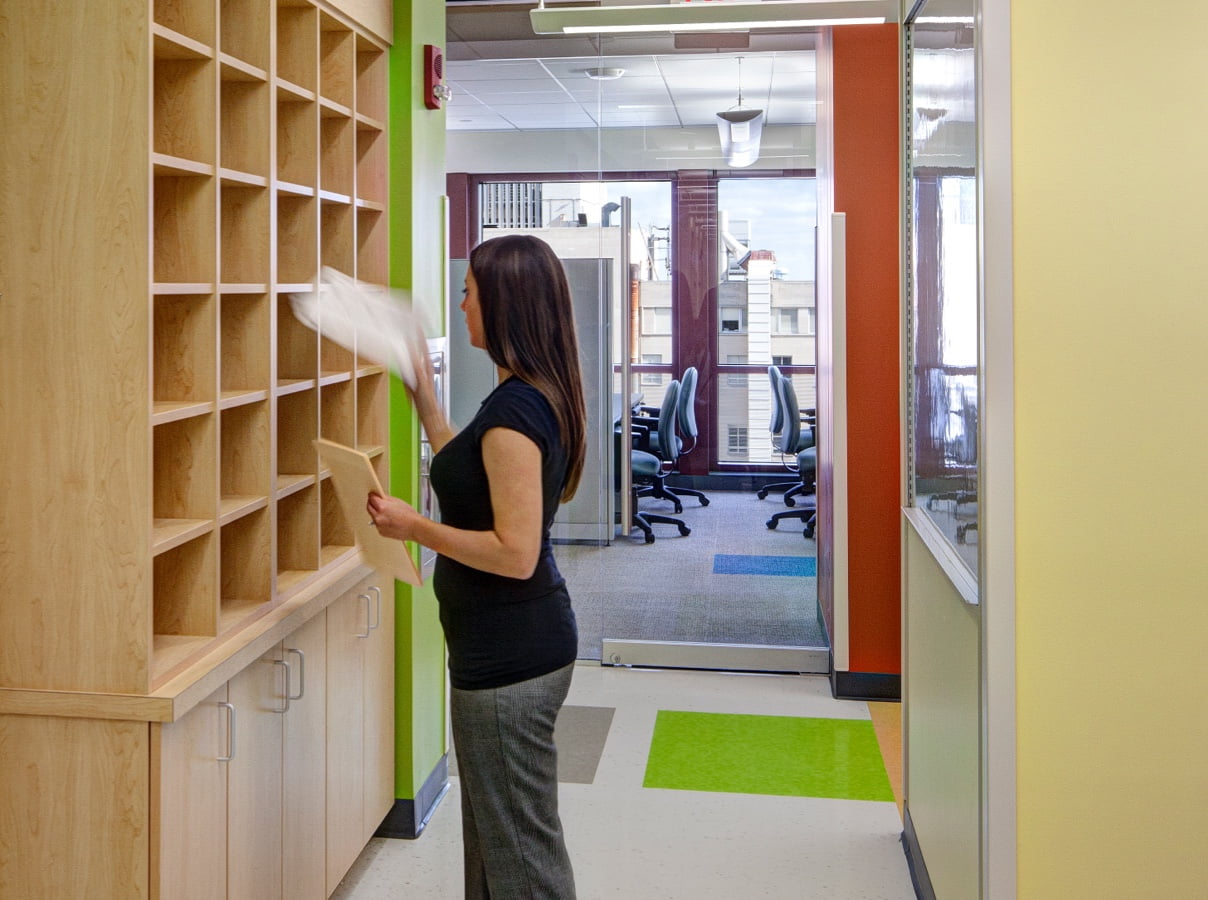


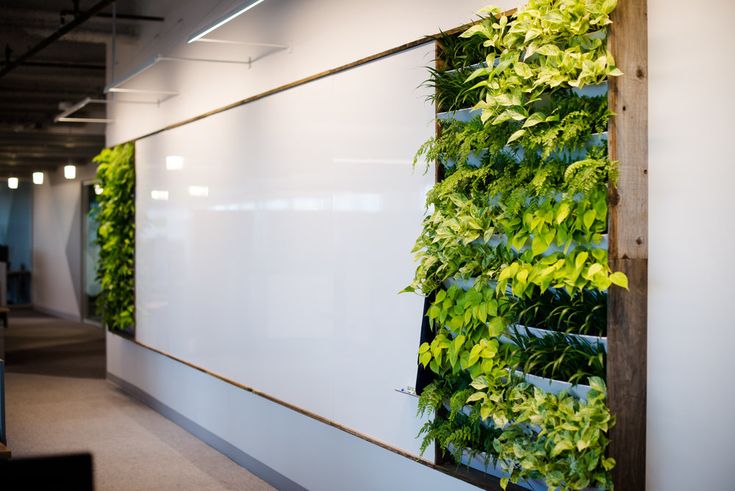

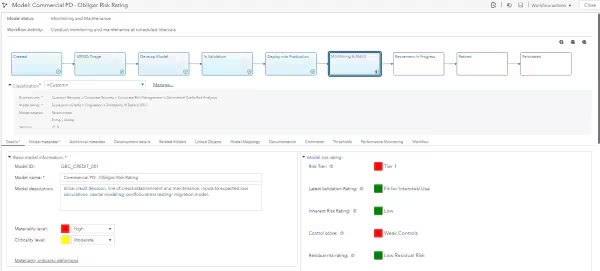


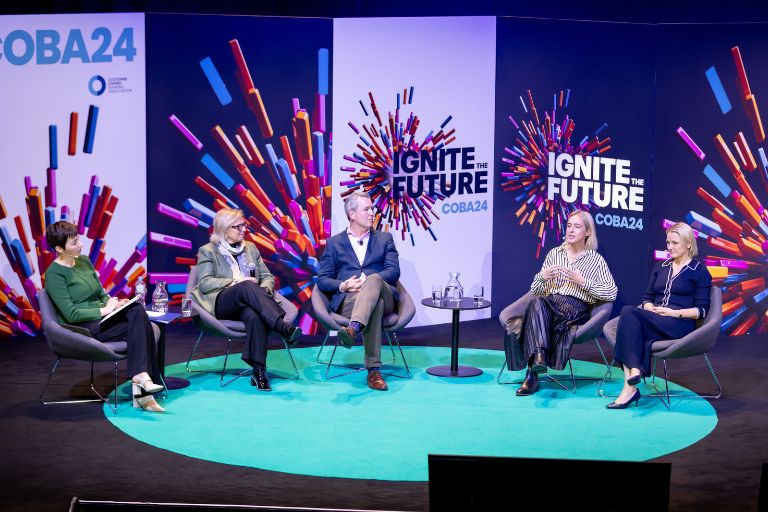






.webp)

-1.jpg)










.jpg)



























.jpeg)







